HotSpots H2O: Somalia on the Edge of Famine After Driest Rainy Season In Decades
A woman walks in drought-hit Puntland, Somalia.
Somalia’s current rainy season has failed, a situation that the United Nations warns could leave a third of the country’s residents food insecure by July.
Poor precipitation during Deyr (October to December rains) and now Gu (April to June rains), is jeopardizing food availability for 5.4 million Somalis, with 2.2 million facing severe shortages. The forecast of average precipitation was a bust. Instead of crop-nurturing rains, the season has been one of the driest in 35 years.
The drought has displaced nearly 50,000 people, in addition to 2.6 million Somalis already uprooted within the country’s borders by ongoing conflict and climate change.
“The risk of death and the dangers that the displaced population or the affected population are facing are real,” Babar Baloch, spokesperson for the United Nations Refugee Agency (UNHCR), said in an interview with Voice of America.
Baloch added that international aid is essential for averting famine. “If aid is not provided in time, people could start losing their lives. Let us not forget that in the past years that with efforts of the international community, local authorities and everyone else, famine has been avoided.”
A combination of conflict and severe drought led to famine in Somalia in 1992 and again in 2011, when more than 250,000 people starved to death. A third major drought struck Somalia just two years ago, but never escalated to famine due to humanitarian interventions and international aid.
This year, experts say the country is on the edge of crisis once again.
“In 2017, we saw the problem coming, and there was a faster response. And that’s what we need to do again this year,” said Mark Lowcock, the UN’s lead coordinator of humanitarian aid. “Let me be clear, if there is no response, there will be huge loss of life.”
In May, UNHCR and other aid groups launched a $710 million drought response plan for Somalia. So far, it has been 20 percent funded.
Sporadic rains have fallen in recent weeks, but overall precipitation is still woefully inadequate as the rainy season draws to a close. The worst impacts of the drought are likely to be felt next month, aid groups say.
Kayla Ritter is a recent graduate of Michigan State University, where she studied International Relations and Teaching English to Speakers of Other Languages. She is currently based in Manton, Michigan. Kayla enjoys running, writing, and traveling. Contact Kayla Ritter

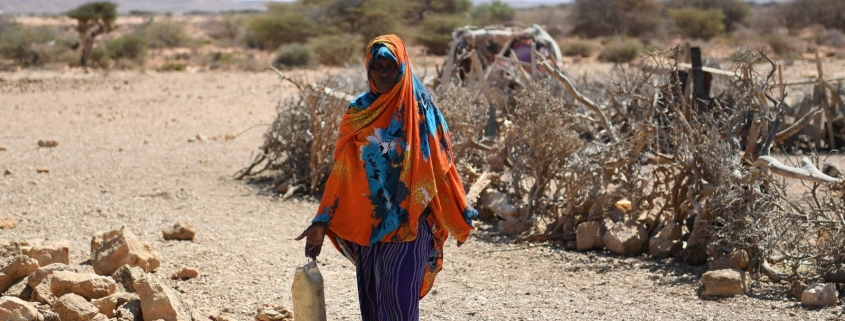
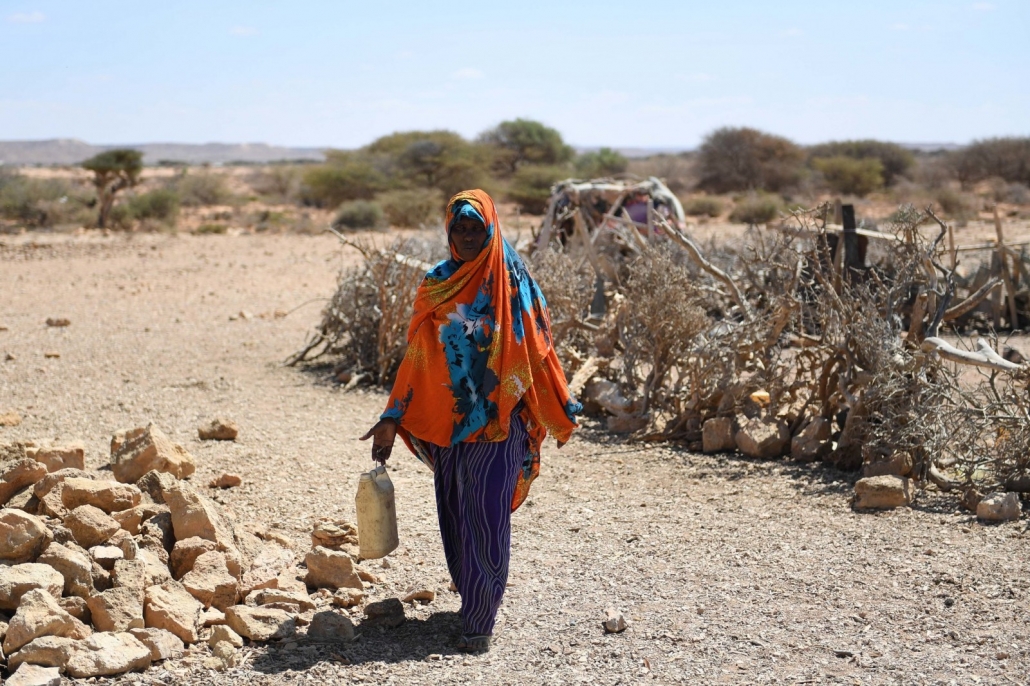



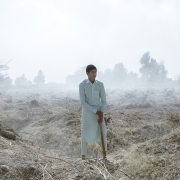
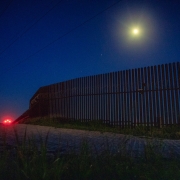

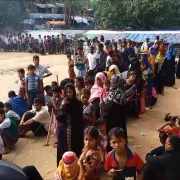


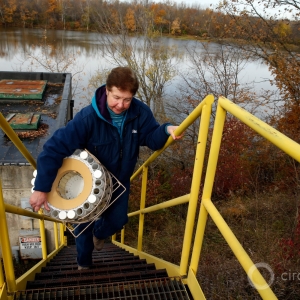

Leave a Reply
Want to join the discussion?Feel free to contribute!